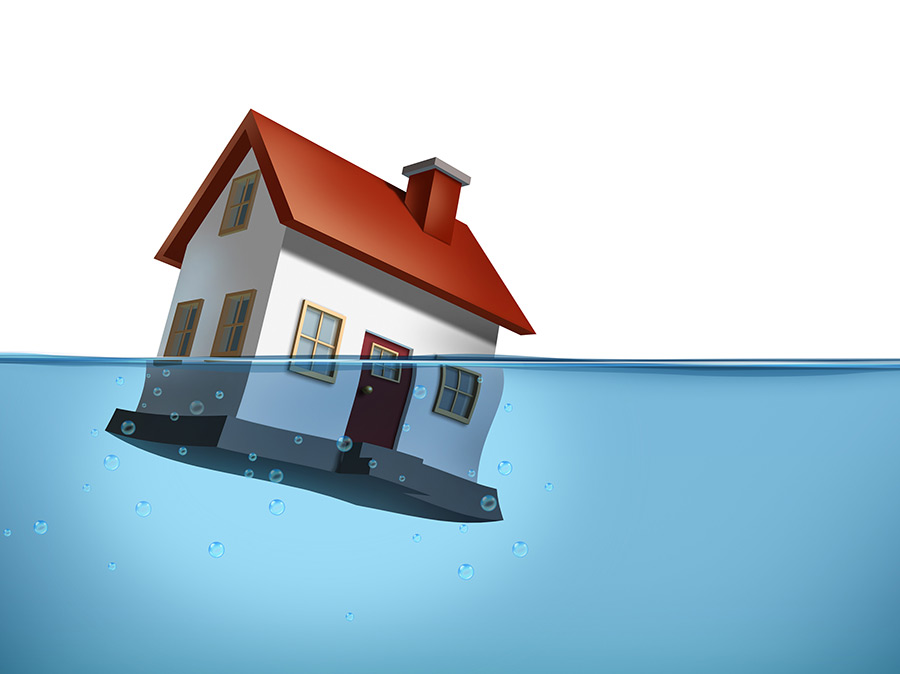Pinpoint the Top Triggers for Leak Problems Within Your House
Pinpoint the Top Triggers for Leak Problems Within Your House
Blog Article
We have encountered this great article involving Most Common Causes of Leaky Pipes down the page on the net and accepted it made good sense to talk about it with you over here.

Leakages not only trigger waste of water but can also trigger unnecessary damage to your house as well as promote unwanted natural development. By looking and recognizing for daily circumstances that trigger leakages, you can protect your residence from future leaks and unneeded damage.
Instant temperature level adjustments.
Severe temperature adjustments in our pipes can cause them to broaden and get unexpectedly. This development as well as contraction might cause splits in the pipes, specifically if the temperature are below freezing. If you kept an eye on exactly how your plumbing functions, it would be best. The visibility of the formerly mentioned scenarios frequently suggests a high threat.
Corroded water systems
This might be the cause of staining or bending on your water pipelines. If our plumbing system is old, take into consideration changing the pipes considering that they are at a greater danger of deterioration than the more recent models.
Defective Pipe Joints
Pipeline joints can degrade over time, resulting in water leakages. If you have loud pipelines that make ticking or banging noises, particularly when the hot water is turned on, your pipe joints are possibly under a lot of stress.
Intruding roots
A lot of water leaks start outside the residence rather than inside it. You might see damp patches or sinkholes in your backyard, as well as that might suggest that tree roots are invading water lines causing water to leak out.
Poor Water Connectors
At times, a leakage can be caused by loosened pipes and pipelines that provide your appliances. Typically, shifting is what creates the loose water Links. You may locate when it comes to a washing device, a tube may spring a leakage due to trembling throughout the spin cycle. In case of a water connections leakage, you may see water running directly from the supply line or pools around your appliances.
Blocked Drains
Obstructed drains may be irritating and also inconveniencing, but they can often wind up creating an overflow leading to rupture pipelines. Keep eliminating any kind of products that may decrease your drains pipes that could block them to stay clear of such inconveniences.
All the above are reasons for leakages however not all water leakages result from plumbing leaks; some leakages may come from roof covering leakages. All leakages should be repaired instantly to prevent water damages.
Leakages not just cause waste of water but can likewise trigger unneeded damages to your residence and promote unwanted organic growth. By comprehending and also looking for everyday situations that trigger leakages, you can protect your home from future leaks and unnecessary damage. Today, we will certainly look at 6 leakage causes that may be triggering your pipelines to trickle.
At times, a leakage can be caused by loose pipes and pipes that supply your devices. In case of a water connections leak, you may notice water running straight from the supply line or pools around your devices.
How To Check For Water Leak In Your Home
How To Check for Leaks
The average household's leaks can account for nearly 10,000 gallons of water wasted every year and ten percent of homes have leaks that waste 90 gallons or more per day. Common types of leaks found in the home are worn toilet flappers, dripping faucets, and other leaking valves. These types of leaks are often easy to fix, requiring only a few tools and hardware that can pay for themselves in water savings. Fixing easily corrected household water leaks can save homeowners about 10 percent on their water bills.
To check for leaks in your home, you first need to determine whether you're wasting water and then identify the source of the leak. Here are some tips for finding leaks:
Take a look at your water usage during a colder month, such as January or February. If a family of four exceeds 12,000 gallons per month, there are serious leaks.
Check your water meter before and after a two-hour period when no water is being used. If the meter changes at all, you probably have a leak.
Identify toilet leaks by placing a drop of food coloring in the toilet tank. If any color shows up in the bowl after 10 minutes, you have a leak. (Be sure to flush immediately after the experiment to avoid staining the tank.)
Examine faucet gaskets and pipe fittings for any water on the outside of the pipe to check for surface leaks.
Undetected water leaks can happen without the home or business owner even realizing. If you suspect a water leak, but not able to find the source. It is time to contact a professional water leak detection service, The Leak Doctor.
How To Find a Water Leak In Your Home
https://www.leakdoctor.com/blog/How-To-Check-For-Water-Leak-In-Your-Home_AE197.html

I recently found that post about How to detect water leaks in your home when doing a lookup on the search engines. Do you know about someone else who is occupied with the niche? Feel free to promote it. Thanks for going through it.
Quality solution? Call. Report this page